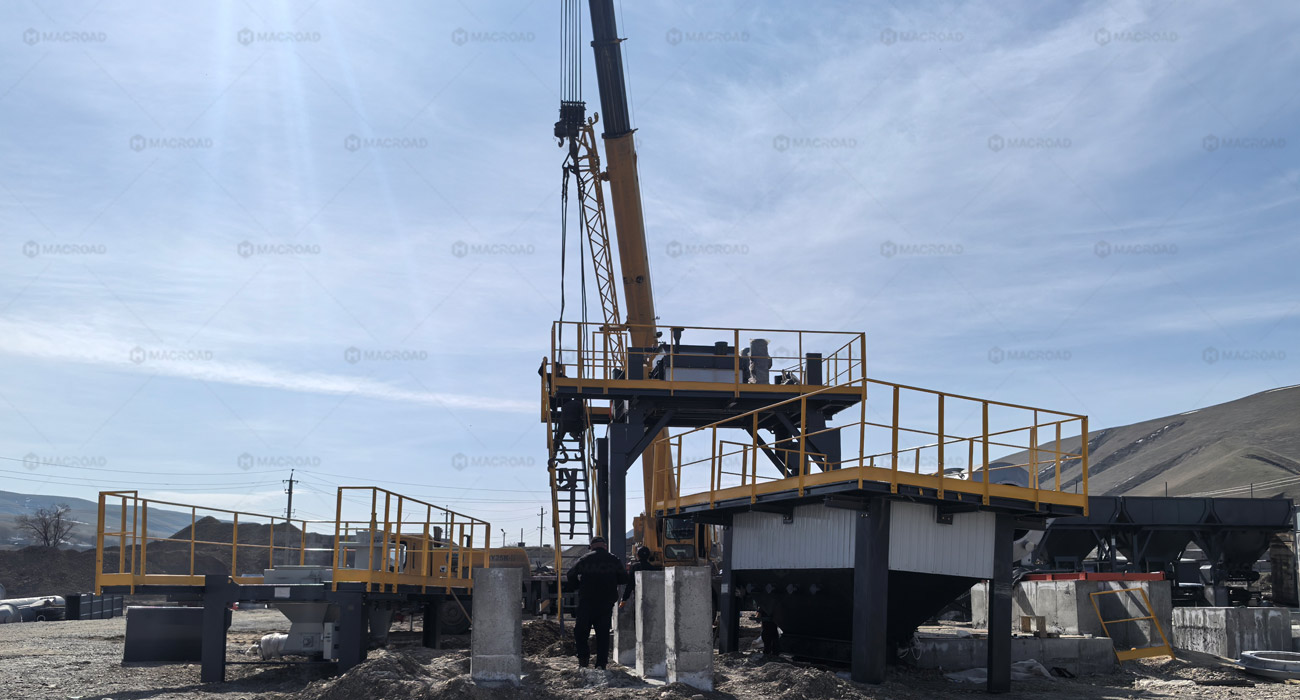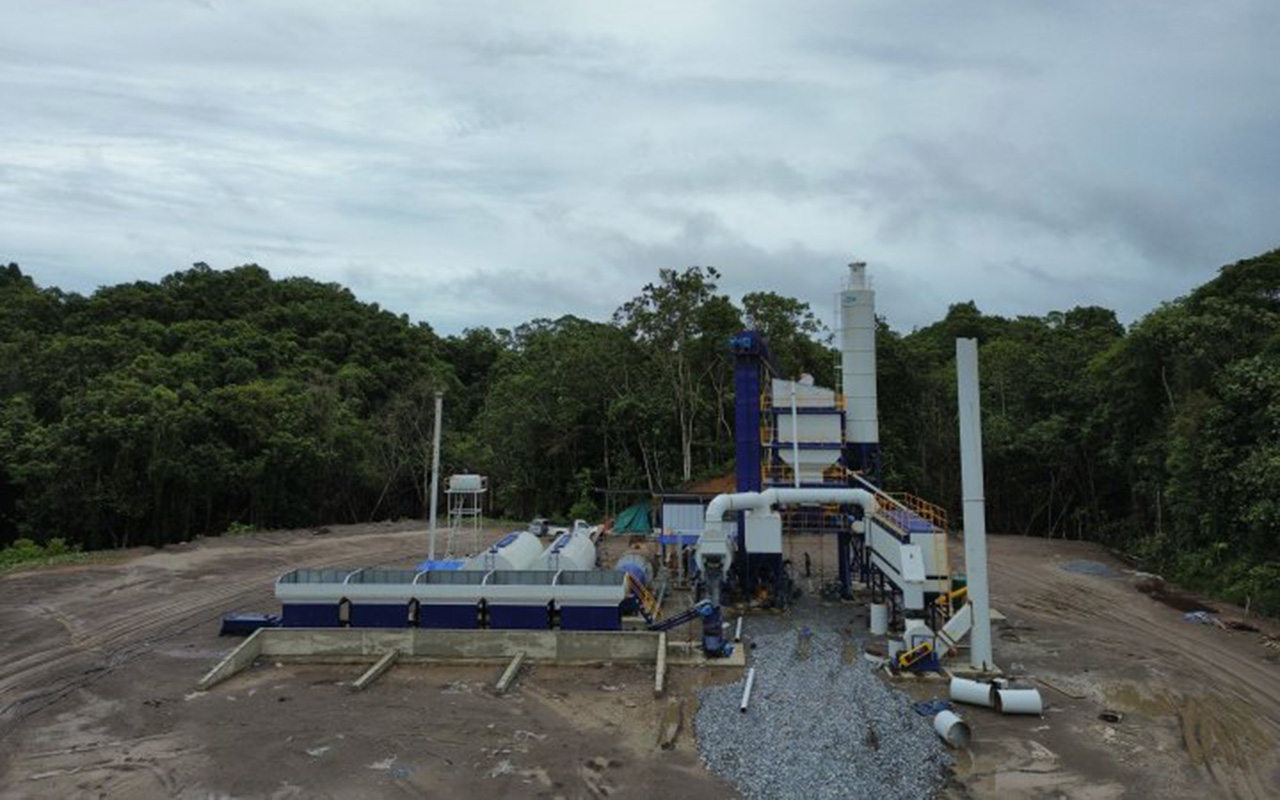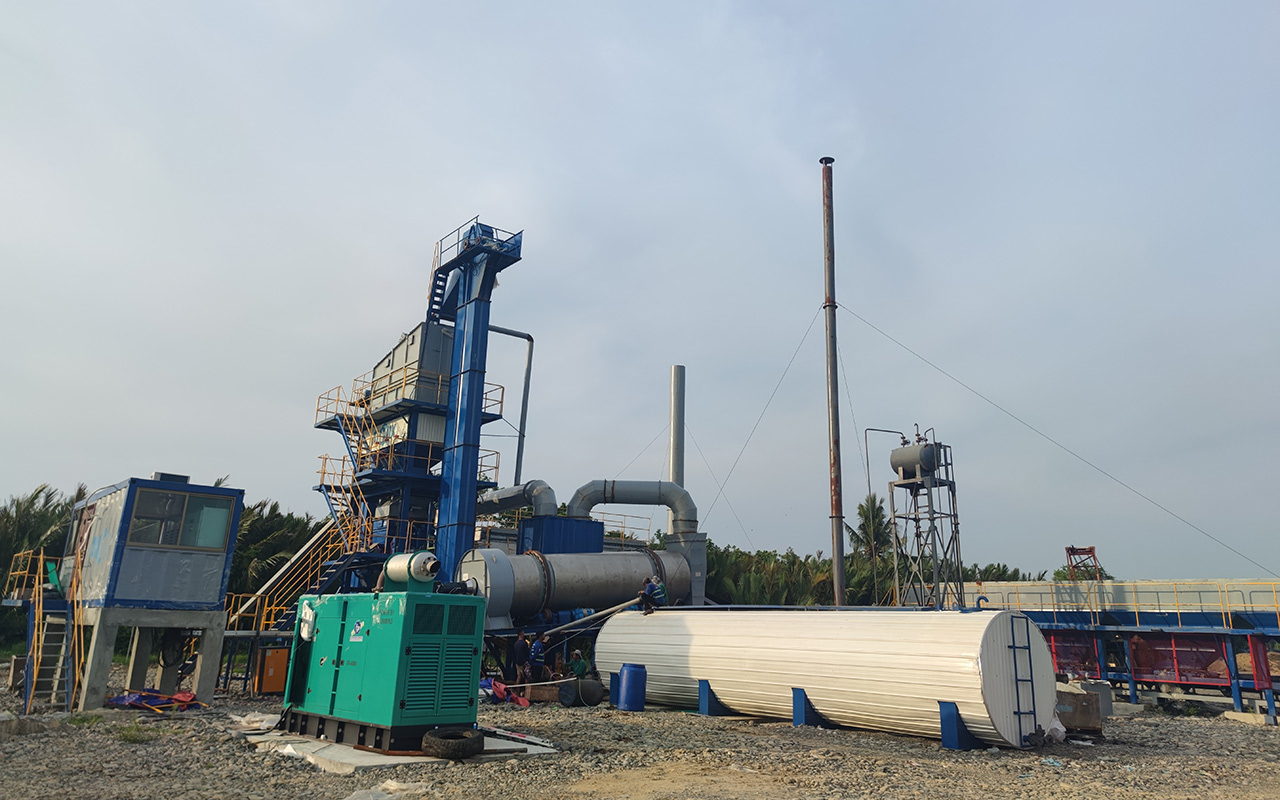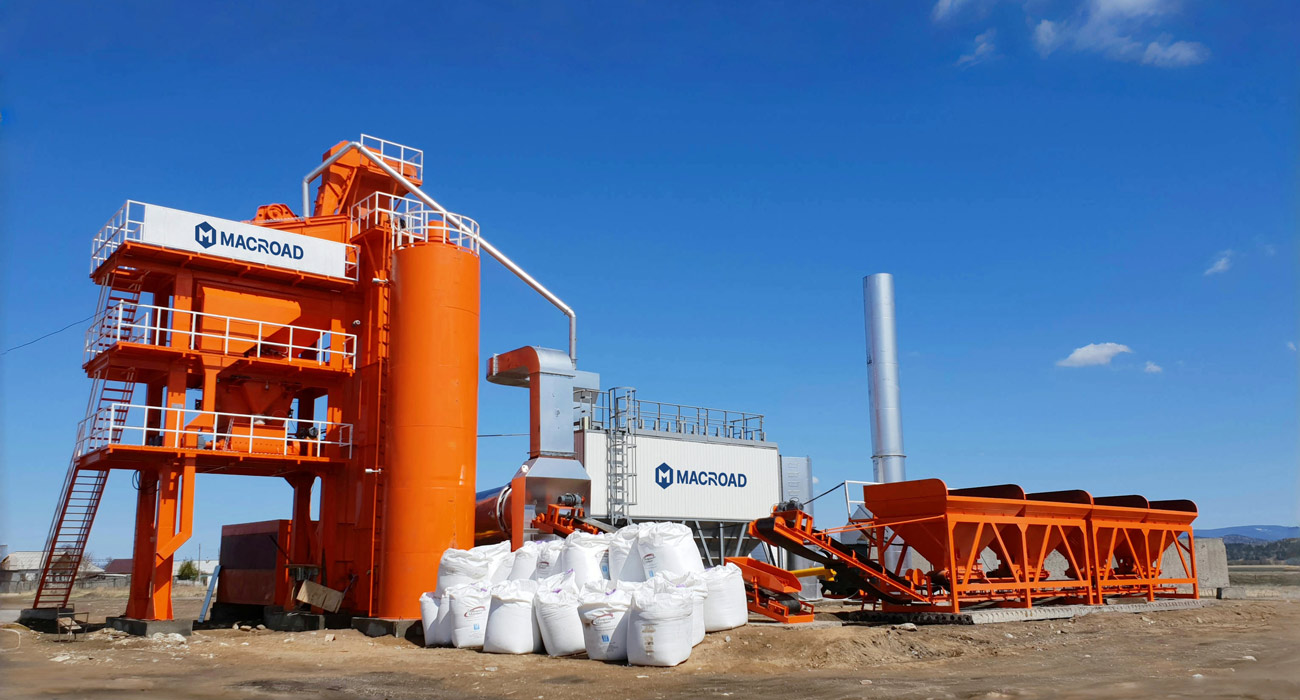Incorporating recycled asphalt, particularly milled materials from old asphalt pavements, into asphalt production presents unique challenges. The performance defects of aged asphalt—such as increased brittleness and decreased bonding force—can compromise the strength and durability of the final mixture. This article explores effective strategies for addressing compatibility issues between recycled materials and new asphalt to ensure a high-quality end product.

Addressing Compatibility Issues with Rejuvenators
One of the primary solutions to the compatibility problem in asphalt production is the use of special rejuvenators. These additives are specifically designed to restore the viscosity and ductility of aged asphalt, effectively counteracting the brittleness that often results from prolonged exposure to environmental factors. By adding rejuvenators to the recycled asphalt, manufacturers can enhance the bonding properties of the aged materials, making them more compatible with new asphalt.
In addition to rejuvenators, optimizing the mixing process can further improve the integration of old and new asphalt. Extending the mixing time and increasing the mixing temperature can promote a more uniform blend, allowing the rejuvenated recycled materials to effectively meld with the new asphalt. This combination of chemical and mechanical methods ensures that the final mixture maintains its desired strength and durability, providing a reliable solution for various paving applications.

Adjusting Mixing Ratios for Varying Aging Degrees
When using recycled materials, it's essential to consider the varying degrees of aging among different sources. For instance, milled materials from long-term service roads may exhibit different properties compared to those from short-term repairs. This variability necessitates careful adjustment of the mixing ratios during asphalt production to avoid a decrease in performance, such as diminished crack resistance or rutting resistance.
Manufacturers must conduct thorough testing on the recycled materials to determine their properties before integrating them into the asphalt mix. Based on these assessments, they can adjust the proportion of recycled content to ensure that the final mixture meets performance specifications. This tailored approach not only enhances the quality of the asphalt but also maximizes the benefits of using recycled materials, contributing to sustainable construction practices.

Special Requirements for Raw Material Pretreatment
The mixing mode for recycled asphalt imposes specific requirements on the raw material pretreatment process in asphalt production. Effective pretreatment is crucial for ensuring that recycled materials are clean, uniform, and suitable for blending with new asphalt. This process typically includes steps such as crushing, screening, and impurity removal.
Crushing the recycled materials helps achieve a consistent particle size, which is important for uniform mixing. Screening further separates fine particles from larger debris, ensuring that only high-quality materials are included in the asphalt mix. Additionally, removing impurities—such as dirt, dust, and foreign materials—ensures that the recycled asphalt maintains its integrity and performance characteristics.
Implementing rigorous pretreatment procedures not only enhances the quality of the recycled asphalt but also contributes to the overall durability and strength of the final product. By ensuring that the recycled materials are adequately prepared for mixing, manufacturers can mitigate potential performance issues and deliver asphalt that meets industry standards.

Conclusion
In conclusion, successfully incorporating recycled asphalt into asphalt production requires careful consideration of compatibility, mixing ratios, and raw material pretreatment. By utilizing rejuvenators and optimizing mixing processes, manufacturers can effectively address the challenges posed by aged asphalt materials. Additionally, adjusting mixing ratios based on the aging degree of recycled materials and implementing thorough pretreatment procedures ensures the production of durable and high-quality asphalt. This strategic approach not only enhances the performance of the final mixture but also supports sustainable construction practices by maximizing the use of recycled materials in the industry.